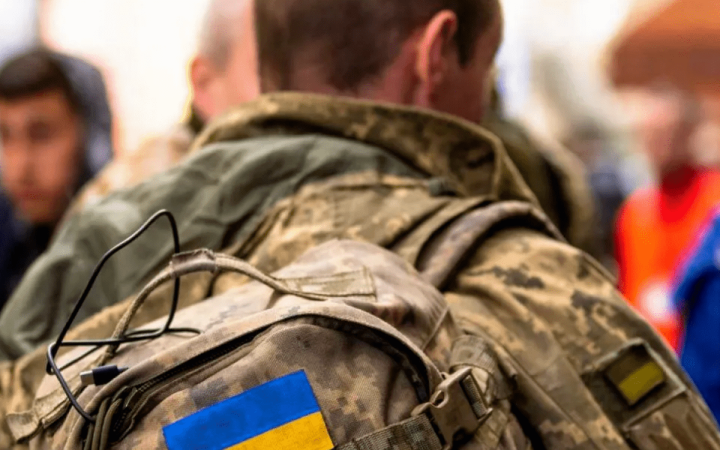President Volodymyr Zelenskyy has signed the mobilisation bill.
The bill's card states that it was returned with the president's signature today. The document will come into force in a month.
The draft law, which took more than six months to complete, was adopted without provisions for demobilisation and rotation, although the first versions of the document included them. Instead, lawmakers want to develop a new draft law on this issue. The decision to adopt the draft law without mentioning rotation and demobilisation for those who have been defending Ukraine for years has led to criticism in political circles and in society.
The text of the document was also amended to remove a large number of sanctions that would have been imposed on evaders.
The law once again enshrined the abolition of conscription. From now on, all discharged conscripts will be transferred to the mobilisation pool in accordance with the general rules. It is also mentioned once again that the conscription age has been reduced from 27 to 25 years. It is worth recalling that the law abolishing the category of those who are partially fit will come into force in May 2024. Those recognised as such will have to undergo a second medical examination by 4 February 2025. Read more about the final version of the draft law in the article "No demobilisation, restrictions for evaders and incentives for contractors - analysis of the final version".
Law on mobilisation
This draft law has been under preparation since last year. On 25 December, the draft law was submitted to parliament, and since then, parliamentarians have failed to adopt a document that would regulate the issues of mobilisation, rotation, leave, and demobilisation. The bill was voted on in the first reading on 7 February.
The relevant parliamentary committee began considering the new draft law on mobilisation on 4 January. MPs proposed more than 4,000 amendments to the document, and the committee completed its review on 29 March. It was decided to exclude from the draft law a large number of penalties that could be imposed on evaders.
In addition, on 9 April, it became clear that the issues of demobilisation and rotation had also been removed from the text, and a separate draft law was to be created for this purpose. The proposal to include the grounds for dismissal from military service and rotation in a separate draft law was made by the head of the Syrskyy movement. He wrote a letter to Defence Minister Rustem Umerov.
The proposals for demobilisation in the text of the draft law have been changed several times. Earlier, it was about the possibility of demobilisation after 36 months of service by decision of the Supreme C’n’C Staff meeting, then it was about the dismissal of those who were directly on the front line.
Parliament invited Ukraine's military leadership to speak before the draft law on mobilisation was considered. 315 MPs voted in favour of the decision. Thus, Commander-in-Chief Oleksandr Syrskyy, Chief of the General Staff Anatoliy Bargylevych and Commander of the Joint Forces Yuriy Sodol were to speak before the mobilisation bill was considered. The proposal to invite Defence Minister Rustem Umerov did not receive the required number of votes. However, only Sodol took the floor.
While working on the mobilisation draft law, the Rada passed several draft laws related to mobilisation, including one on lowering the age of eligibility from 27 to 25 and the abolition of conscription.








